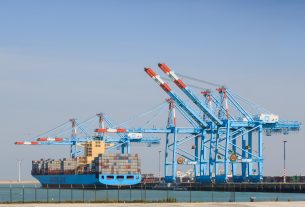The National Health Services (NHS), along with medical institutions, was calling on ministers to woo drug manufacturers into the United Kingdom to reduce the potential shortage of drugs amid the virus outbreak.
Both the NHS and the Kidney Care UK were asking the UK government to focus on spurring the country’s manufacturing sector.
“Future government policy should ensure that the UK is as attractive as possible for the next wave of manufacturing innovation,” said Layla McCay, director of International Relations at the NHS Confederation which represented 500 NHS bodies and led the Brexit Health Alliance of Health Groups during negotiations with the European Union.
Academics and pharmaceutical organisations supported the move which was likely to require tax breaks or subsidies.
Just last month, NHS England asked hospital trusts to limit dialysis as one in four patients who contracted coronavirus disease 2019 (Covid-19) would need kidney support. This has led fluid supply to go critical but was, however, abated amid better management.
At present, UK imports dialysis fluids from three international suppliers, one of which is based in Italy.
“The supply chain isn’t as good—isn’t as robust—as it could be. If it cannot be guaranteed, there has to be a commitment to some UK initiative on this,” said Kidney Care UK policy director Fiona Loud.
According to the British Generic Manufacturers’ Association (BGMA), 70% of all base ingredients for drugs or active pharmaceutical ingredients are manufactured in China, while those that are already blended and packed into medicines come from India, one of UK’s largest suppliers. Only 20% to 25% of the base ingredients are made in the UK.
Richard Torbett, chief executive officer of Association of the British Pharmaceutical Industry, which represents pharmaceutical firms engaged in branded prescription medicines, said that the supply chain had been remarkably resilient.
“It always makes sense to ask the question: how can we be more even more resilient in the future? And I do agree that part of the story should be around what can we manufacture in this country,” he said.
“It makes sense in the UK to think about incentives and think about what can and should be manufactured here. But I think it should be one part of a holistic strategy that also includes making sure that the global system still operates, and is as diverse as possible,” he added.




